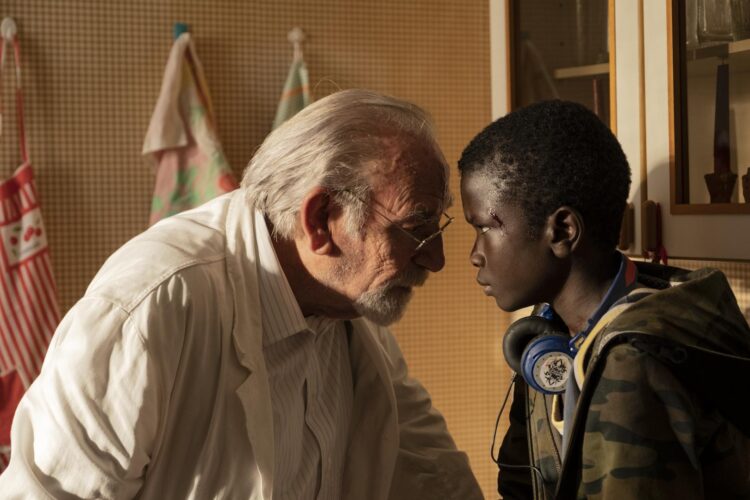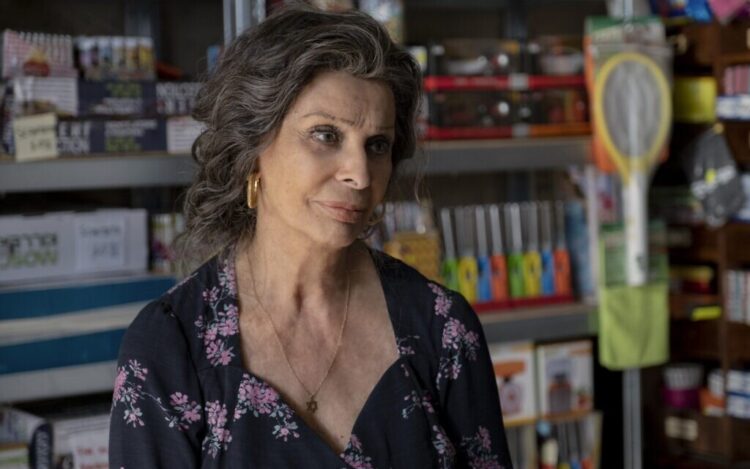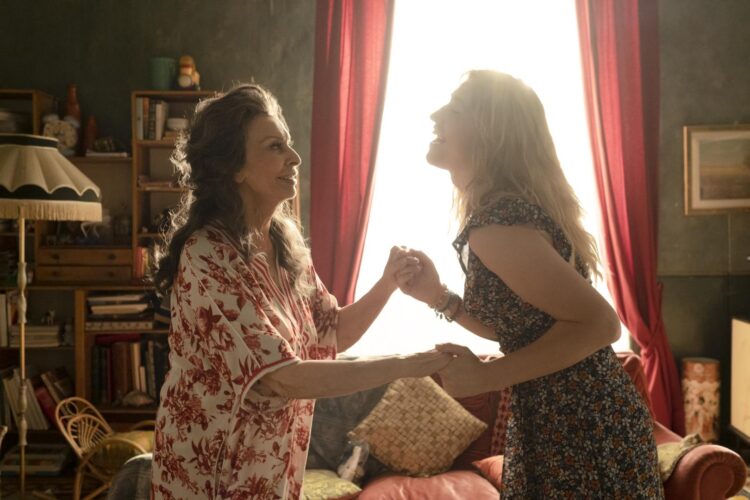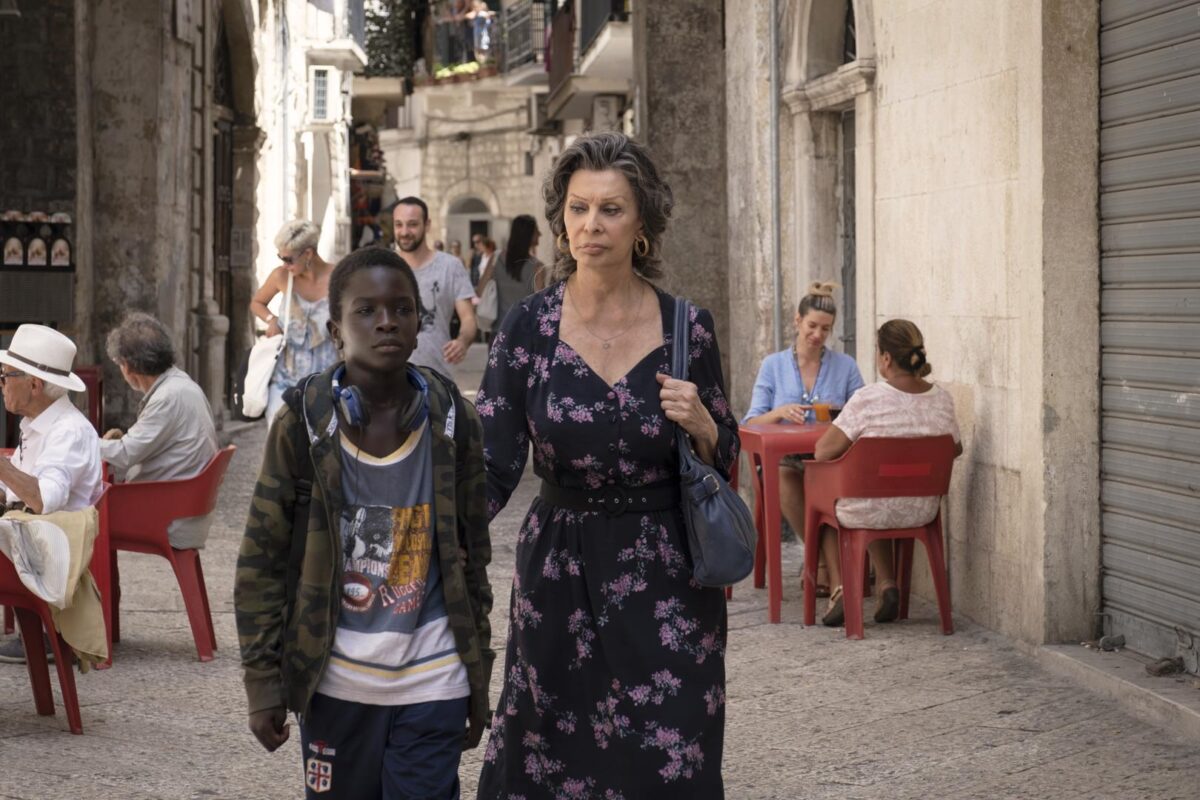Romain Gary’s novel, The Life Before Us, has been converted into a warm-hearted feature film, The Life Ahead. Now available on the Netflix streaming network, it stars the legendary Italian actress Sophia Loren, and is directed by her son, Edoardo Ponti.
Loren, 86, plays Madame Rosa, a Holocaust survivor and former prostitute who earns a living babysitting the children of neighborhood hookers. It’s Loren’s first role in more than ten years, and given her age, probably her last.
The movie unfolds against the backdrop of the southern Italian port of Bari and turns on the evolving relationship between Rosa and Momo (Ibrahima Gueye), a 12-year-old boy who’s a petty thief and drug distributor. A Muslim from Senegal, he arrived in Italy at the age of three with his parents. His mother, a prostitute, was murdered, and his father has disappeared. In practical terms, Momo is an orphan.
Momo has lived with an elderly Jewish doctor named Coen (Renato Carpentieri) until now. Coen can no longer take care of him and asks Rosa whether she can put him up in her flat for up a month. She agrees to be his temporary guardian only after Coen offers her a sufficient amount of money.

Rosa already has a boarder. Iosif, a Jewish boy, is on the cusp of his bar mitzvah. She helps him prepare for it by teaching him a Hebrew prayer.
A juvenile delinquent, Momo likes neither Iosif nor Rosa, who thinks he’s “rotten to the core.” Momo eventually adopts a positive attitude toward Rosa and they become friends. In the meantime, he continues working for a drug dealer, who’s pleased with his performance.

Eager to help Momo, she arranges a job for him with a local shopkeeper (Babak Karimi). A widower, he learns to appreciate Momo as an intelligent and diligent employee, but strongly advises him to give up his life of crime.
Rosa’s ordeal during the Holocaust goes unmentioned, but its echoes are omnipresent. The camera fleetingly pans on the tattooed blue numbers on her arm, a legacy of a Nazi concentration camp. While on a stroll, she observes police rounding up Muslim migrants. She remains silent, but the expression on her face presumably reminds her of the fascist government’s persecution of Italian Jews during the early 1940s.
Doubtlessly traumatized by her wartime experiences, Rosa regularly withdraws into her own world. At one point, she is seen packing her bags. Ponti does not bother explaining her behavior, leaving a viewer to fill in the blanks.
This subtle method of story telling has merit, but in this case it is a drawback. In terms of character development, Rosa is never really more than a cipher, a symbolic figure of suffering rather than a flesh-and-blood survivor afflicted by horrendous memories.

Nevertheless, Loren rises to the occasion, portraying a feisty yet lonely woman who manages to form a touching bond with a wayward boy she barely knows. Gueye is tremendous as Momo, whose hard exterior conceals a sensitive, honest soul willing to take risks for others.
On balance, The Life Ahead is a workmanlike film, but it is far from memorable.
